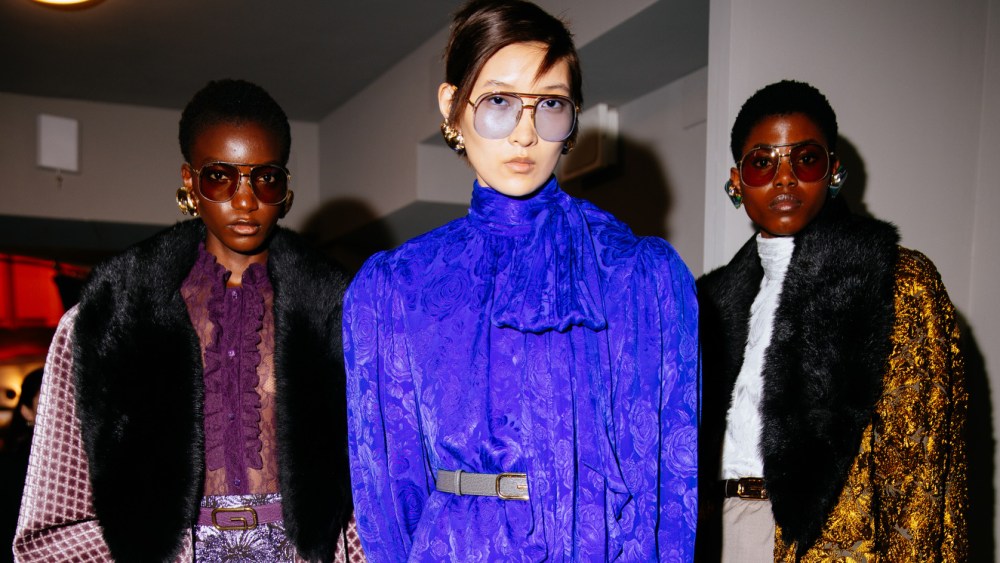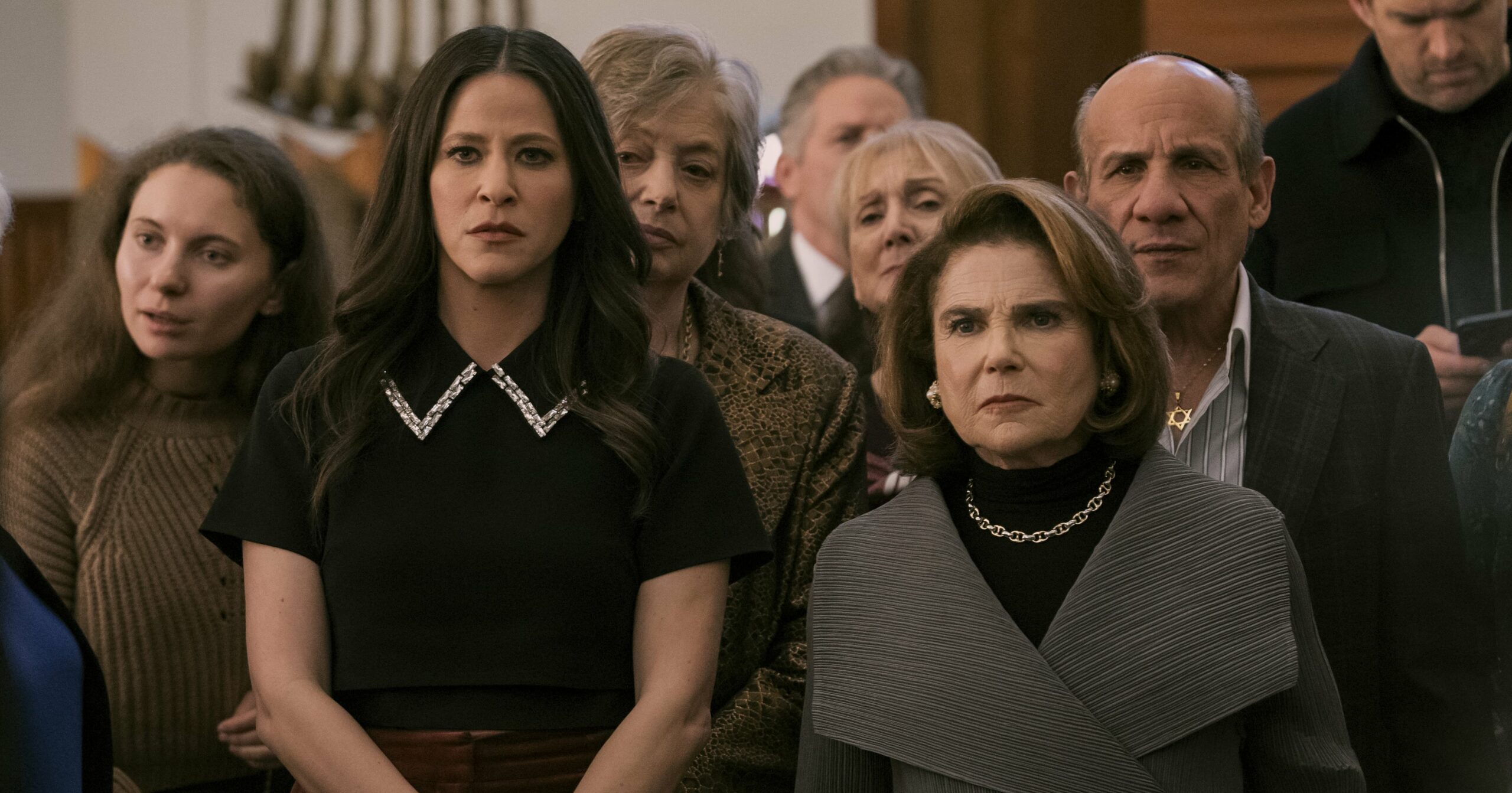MILAN — The European Union’s antitrust authority has fined luxury brands Gucci, Loewe and Chloé a total of more than 157 million euros alleging the companies have engaged in anticompetitive pricing practices.
Following initial investigations commenced in 2023 and carried out via unannounced inspections at the brands’ premises, the European Commission opened formal proceedings a year later into alleged infringement of so-called resale price maintenance, or RPM.
According to the antitrust watchdog, the luxury brands restricted the ability of their wholesale partners across the European Economic Area, mostly independent retailers, to set their own online and offline retail prices.
“Today we have fined three European fashion houses for interfering with their independent retailers’ prices in breach of EU competition rules. In Europe, all consumers, whatever they buy, and wherever they buy it, online or offline, deserve the benefits of genuine price competition,” said Teresa Ribera, executive vice president for clean, just and competitive transition at the European Commission.
You May Also Like
“This decision sends a strong signal to the fashion industry and beyond that we will not tolerate this kind of practice in Europe, and that fair competition and consumer protection apply to everyone, equally,” Ribera added.
“The three fashion companies interfered with their retailers’ commercial strategies by imposing restrictions on them, such as requiring them to not deviate from recommended retail prices; maximum discounts rates, and specific periods for sales,” the commission said in a statement.
“These anticompetitive practices by Gucci, Chloé and Loewe deprived the retailers of their pricing independence and reduced competition between them,” it wrote.
The European Commission said that all three companies fully cooperated with the antitrust watchdog and touted Gucci and Loewe for providing “evidence with significant added value at an early stage of the investigation.” This led the commission to reduce, in all three cases, the amount of the fines.
In particular, Kering-owned Gucci was fined 119.6 million euros. In a statement issued to WWD, the French luxury conglomerate said that it “acknowledges the decision of the European Commission related to past commercial practices at Gucci. The commission’s investigation was resolved following a cooperation procedure, allowing for a swifter resolution of the case.”
Kering also noted that the “risk was fully provisioned in the first-half 2025 financial statements, and the exposure is entirely covered.”

Loewe, under the LVMH Moët Hennessy Louis Vuitton umbrella, and Chloé, which is owned by Compagnie Financière Richemont, were fined 18 million and 19.6 million euros, respectively.
“Loewe confirms the conclusion of a settlement with the European Commission. It reiterates its strong commitment to operate in strict compliance with competition law,” said a spokesperson for the Spanish brand.
A spokesperson for Chloé said: “We acknowledge the European Commission’s decision. We take this matter extremely seriously and acted with the utmost diligence to address it.”
“Since the 2023 investigation, we have reinforced our compliance framework with enhanced measures to ensure strict adherence to competition law, including mandatory compliance training and annual compliance reports,” the spokesperson added.

This development signals how luxury companies are increasingly scrutinized for the practices across their entire business.
As reported, prosecutors in Italy have been on the hunt for illegal practices along the fashion supply chain in the country, uncovering over the past two years, alleged labor abuse and sweatshop schemes at sub-suppliers for Tod’s, Loro Piana, Valentino, Dior and Giorgio Armani, among others.
— with contribution from Rhonda Richford, Paris.



